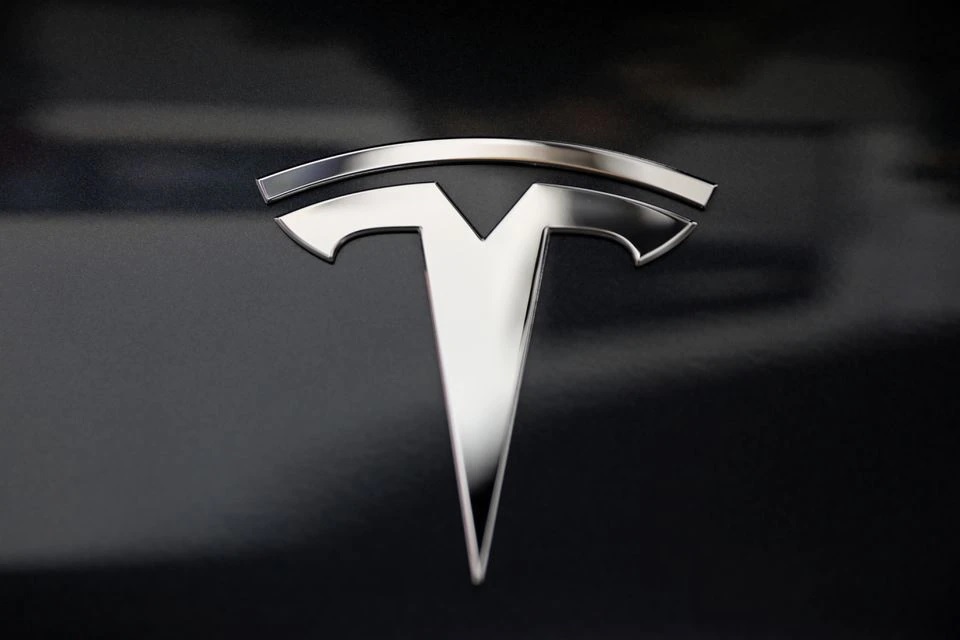SHANGHAI, (Reuters) – Tesla plans to produce a six-seat variant of its Model Y car in China from late 2025, two people with direct knowledge of the matter said, as the U.S. automaker strives to increase the appeal of its best-selling yet aging electric vehicle (EV).
Tesla has asked suppliers to prepare accordingly for a double-digit increase of Model Y output at its Shanghai factory, said one of the people, who declined to be named as the plan is not public.
Tesla did not immediately respond to a request for comment.
It was not clear how Tesla would raise production at the plant, which is awaiting approval to expand on 70 hectares (172 acres) of former farmland. It has already seen a 6% on-year increase in domestic and overseas Model 3 deliveries during January-June boosted by last year’s launch of a renewed version.
Tesla released the Model Y in 2020 and has been revamping it under a project dubbed “Juniper”, Reuters reported previously. That variant will seat five and will launch in early 2025 rather than this year as initially planned, the second person said.
The addition of a six-seater variant underscores pressure in China from domestic rivals, whereas in the U.S., Tesla is prioritising self-driving technology and robotaxi development.
Those rivals have unveiled at least four Model Y competitors this year including the Onvo L60 from Nio and 7X from Zeekr with roomier interiors and at prices lower than those of flagship models.
The Model Y crossover is the best-selling car in China among all power types, with January-June sales of 207,800 vehicles, though the Seagull sedan from BYD is catching up.
Tesla expects its overall China sales to increase in the third quarter due to strong growth in smaller cities, even though it shrunk its sales force as part of global layoffs in May, pointing to improved profitability.
Sales could also get a boost from the introduction of its Full Self-Driving feature planned for China by year-end.
Tesla sells a seven-seater Model Y in the U.S. but a cramped third row would make it unpopular in China, the people said.
“It’s not even large enough for a large-sized dog,” one of the people said.
Reporting by Zhang Yan and Casey Hall; Editing by Miyoung Kim and Christopher Cushing











